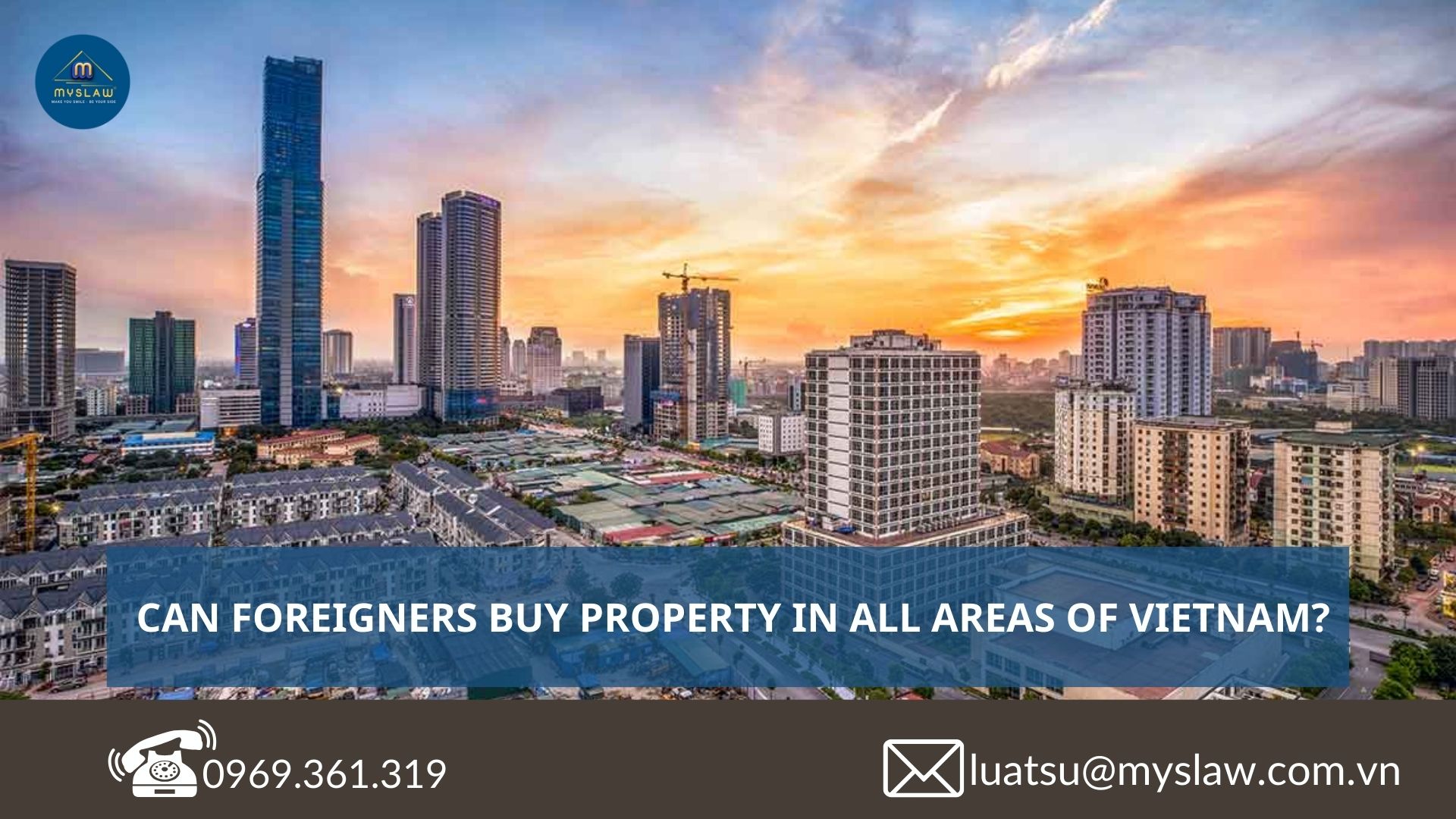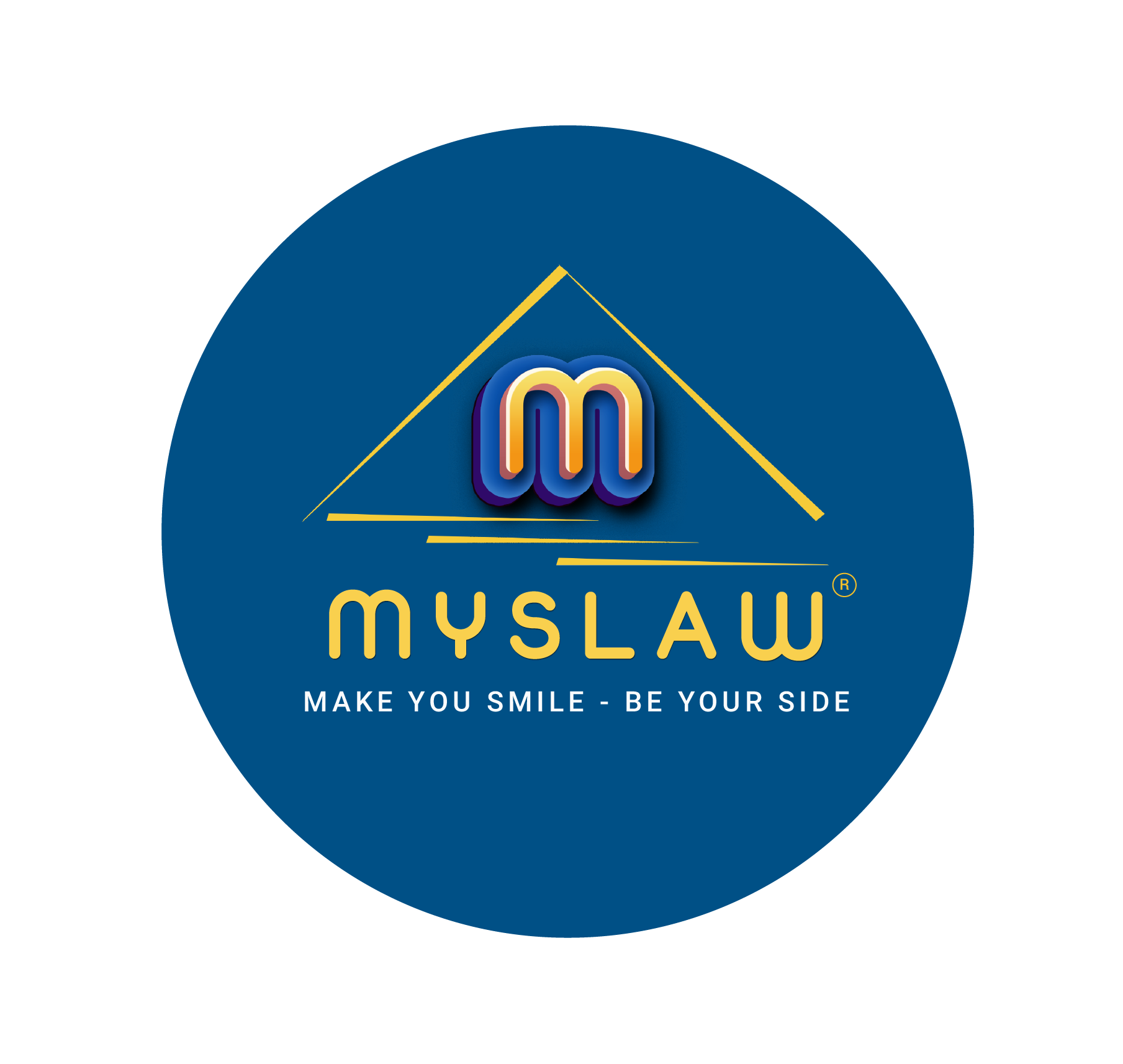Vietnam’s real estate market has grown significantly, making it attractive to foreign investors. However, the government enforces specific restrictions on foreign ownership in certain regions. This guide clarifies where foreigners cannot purchase real estate in Vietnam and offers insights into how to navigate these regulations.

Key Areas Restricted for Foreign Ownership
1. National Defense and Security Zones
Foreign ownership is prohibited in areas critical for national security. Under Article 17 of the 2023 Housing Law and Decree 95/2024/ND-CP, foreign nationals are excluded from purchasing property within zones essential to national defense, including:
- Adjacent Defense Areas: Sites close to military installations, armories, and locations within national defense and security land planning.
- Government Offices: Areas around provincial or higher-level government buildings, armed forces headquarters, and official Party offices.
- Border and Coastal Zones: Properties in towns and wards close to land or sea borders fall under this restriction, ensuring security near international boundaries.
- National Security Corridors: Certain infrastructure facilities, such as national security buildings, require protected zones where foreign ownership is barred.
These zones are identified and monitored by the Ministry of National Defense and the Ministry of Public Security, which notify provincial governments to list eligible real estate projects open to foreign ownership. The lists are updated publicly on local government websites to promote transparency.
2. Border Areas
Due to proximity to neighboring countries, Vietnam’s border regions are also regulated. Restrictions on property ownership in these areas are intended to prevent potential security risks and are managed by local authorities in line with national security interests. Key points to note:
- Strategic Locations: Foreign ownership is often restricted near military facilities, border crossings, and other significant infrastructure.
- Case-by-Case Assessment: Foreigners may apply for property ownership in these areas, but approvals depend on a detailed review by authorities.
3. Agricultural Land
Foreign ownership of agricultural land is generally prohibited as it is deemed a state asset. However, under certain conditions, foreigners may lease land for agricultural purposes, such as agricultural production or development projects.
- Lease Agreements: Leasing options may be available for agricultural purposes, subject to government approval.
- Joint Ventures: Partnerships with local Vietnamese entities are often an option, allowing foreign interests to engage in agricultural activities indirectly.
4. Cultural and Historical Sites
Vietnam’s rich cultural and historical heritage sites are safeguarded from foreign ownership. Property in these areas is often restricted to protect national heritage and promote local preservation efforts.
- Government Approval: Foreigners may lease or manage property for approved projects, such as conservation, under strict government supervision.
- Public-Private Partnerships: Foreign entities interested in preservation can consider partnerships with Vietnamese organizations to contribute to conservation projects.
Legal Framework and Procedures
The legal framework surrounding property ownership for foreigners in restricted areas emphasizes compliance with national defense and cultural preservation laws. Key procedures include:
- Identification of Restricted Zones: The Ministry of National Defense and the Ministry of Public Security are responsible for identifying areas where foreign ownership is restricted, ensuring these decisions comply with state security requirements.
- Public Disclosure of Eligible Projects: Provincial governments are tasked with maintaining and updating a list of housing projects where foreign ownership is permitted. These lists are accessible on official government websites.
- Approval Process for Border and Sensitive Areas: In specific cases, foreigners may apply for ownership in restricted zones, subject to rigorous vetting by relevant authorities to ensure no security threats are posed.
While foreigners are welcome to invest in Vietnamese property, certain areas remain off-limits for national security and cultural preservation reasons. By consulting with local authorities, monitoring provincial listings, and understanding Vietnam’s regulatory framework, foreign investors can navigate these restrictions while contributing to Vietnam’s growing real estate market in permissible areas.
The above information is provided by Mys Law. For any questions regarding the content of this article, please contact 0969.361.319 or email: [email protected] for further clarification. Best regards!
Compiler: Nguyen Anh Quan





